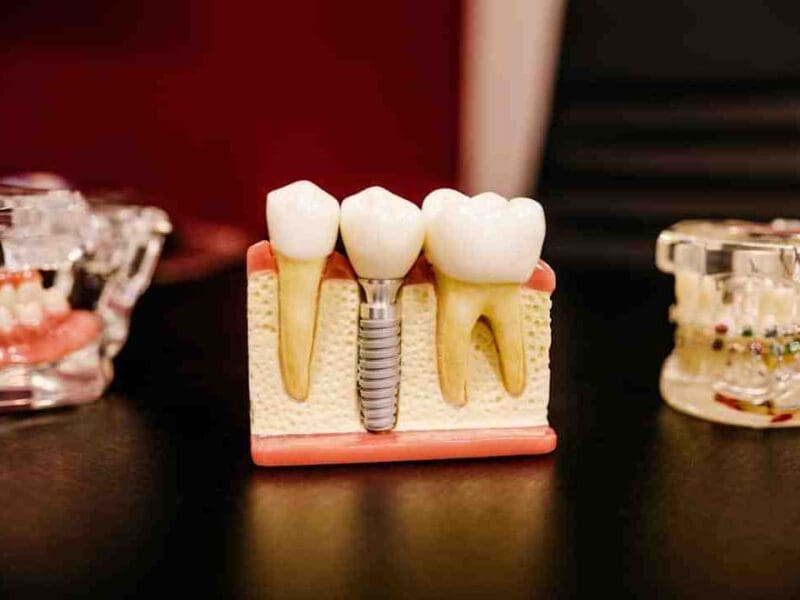
Top 5 Benefits of Regular Vet Check-ups for Your Pet’s Health
As pet owners, we cherish the companionship and unconditional love our furry friends bring into our lives. Ensuring their well-being is our top priority, and one of the most effective ways to do that is by scheduling regular vet check-ups for them. These routine visits are not only crucial for maintaining your pet’s health but can also have a significant impact on their overall quality of life. In this article, we’ll explore the top five benefits of regular vet check-ups for your pet’s health.
1. Early Detection of Health Issues
Regular vet check-ups act as a preventive measure, enabling veterinarians to identify potential health issues before they escalate. Just like humans, pets can suffer from a variety of ailments, ranging from minor to severe. During these check-ups, veterinarians can conduct thorough examinations and run diagnostic tests to catch any underlying problems. Early detection of conditions such as diabetes, heart disease, or even cancer can significantly increase the chances of successful treatment.
2. Tailored Preventive Care
Prevention is always better than cure. Regular vet check-ups allow veterinarians to create a personalized preventive care plan for your pet based on their breed, age, and individual needs. This may include vaccinations, parasite control, dental care, and nutritional guidance. With a tailored approach, you can ensure that your pet is receiving the best possible care to keep them healthy and happy.
3. Monitoring of Overall Health
Pets, just like humans, go through various stages of life. From playful puppies and kittens to wise senior companions, their needs change over time. Regular vet check-ups provide a platform for monitoring your pet’s overall health as they age. Veterinarians can track their weight, assess their mobility, and address any concerns about changes in behavior. This proactive approach ensures that any issues are caught early, allowing for timely interventions.
4. Expert Guidance for Nutrition and Lifestyle
Nutrition plays a pivotal role in your pet’s well-being. During regular vet check-ups, veterinarians can offer guidance on the appropriate diet for your pet’s age, size, and health conditions. This includes recommendations for portion control, dietary supplements, and specific foods that can boost their vitality. Additionally, veterinarians can provide insights into exercise routines and enrichment activities that can contribute to your pet’s overall happiness and longevity.
5. Strengthening the Pet-Owner Bond
Regular vet visits not only benefit your pet’s health but also strengthen the bond between you and your furry companion. Through consistent interactions with the veterinary team, your pet becomes more accustomed to the sights and sounds of the clinic, reducing anxiety during subsequent visits. Moreover, as you witness the positive impact of these check-ups on your pet’s health, you’ll develop a deeper appreciation for their well-being, leading to a stronger emotional connection.
Conclusion
In conclusion, Vet Winnipeg regular check-ups are a cornerstone of responsible pet ownership. The benefits they offer, from early detection of health issues to tailored preventive care and expert guidance, cannot be overstated. By prioritizing these routine visits, you’re investing in your pet’s long and healthy life. So, remember to schedule those appointments, because your beloved companion deserves the best care possible. Together, let’s ensure that they thrive in good health and continue to fill our lives with joy and happiness.
FAQs for Pet’s Health
Taking care of your furry companions is a responsibility that every pet owner takes seriously. Ensuring your pets are in good health requires knowledge and understanding of their specific needs. In this article, we’ll address some frequently asked questions about pet health, offering insights and tips to help you keep your beloved pets happy and thriving.
1. What should I feed my pet for optimal health?
A balanced diet is crucial for your pet’s well-being. Consult your veterinarian to determine the best food for your pet’s breed, size, and age. High-quality commercial pet foods or well-prepared homemade diets can provide the essential nutrients your pet needs.
2. How often should I take my pet to the veterinarian?
Regular veterinary check-ups are essential. Puppies and kittens might need more frequent visits for vaccinations and initial health assessments, while adult pets should have annual check-ups. Senior pets might require bi-annual visits to monitor age-related health issues.
3. How can I ensure my pet maintains a healthy weight?
Obesity in pets can lead to various health issues. Measure your pet’s food portions, avoid excessive treats, and engage them in regular exercise. Your veterinarian can guide you on a suitable diet and exercise plan based on your pet’s specific needs.
4. Are vaccinations necessary, and how do they work?
Vaccinations prevent many diseases that can be dangerous for pets and even humans. They stimulate the immune system to build resistance against certain illnesses. Follow your veterinarian’s recommended vaccination schedule to ensure your pet’s protection.
5. What signs of illness should I look out for?
Pets can’t communicate their discomfort verbally, so it’s essential to be vigilant. Watch for changes in appetite, energy levels, bathroom habits, and behavior. If you notice anything unusual, consult your veterinarian promptly.
6. How can I prevent fleas and ticks on my pet?
Fleas and ticks can cause various health issues. Use veterinarian-recommended preventive treatments regularly. Keep your pet’s living area clean and consider your local environment when choosing the appropriate preventive measures.
7. Is dental care important for pets?
Yes, dental health impacts overall well-being. Brush your pet’s teeth regularly and provide dental chews or toys. Schedule professional dental cleanings as recommended by your veterinarian.
8. How do I handle my pet’s grooming needs?
Grooming requirements vary among breeds. Regular brushing, nail trimming, and bathing are generally necessary. Some breeds might need professional grooming. Consult your veterinarian or a professional groomer for guidance.
9. What should I do in case of a medical emergency?
Knowing where the nearest 24/7 veterinary clinic is located is essential. Keep a first-aid kit for pets and learn basic first-aid techniques. Contact your veterinarian or an emergency clinic immediately if your pet needs urgent medical attention.
10. How can I help my pet with anxiety?
Pets can experience anxiety due to various factors. Create a safe and comfortable environment, provide mental and physical stimulation, and consider consulting your veterinarian about behavioral therapies or medications if needed.







